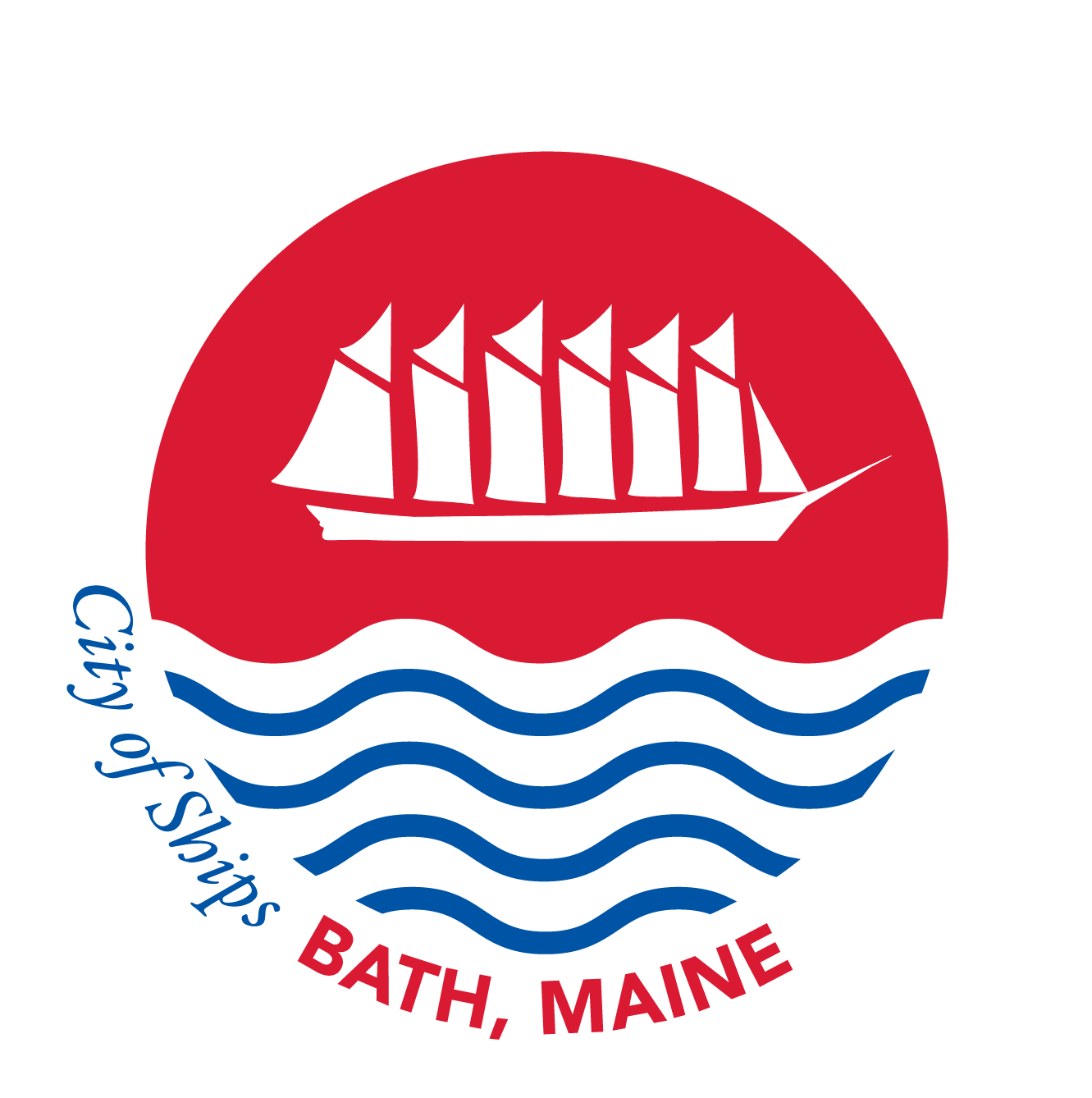Published on April 08, 2020
For Immediate Release: April 8, 2020
Media Contact: Lindsey Goudreau at 207-443-8330 or lgoudreau@cityofbath.com
BATH, Maine (April 8, 2020) – A trapping program conducted by the U.S. Department of Agriculture (USDA) Wildlife Services and the Maine Department of Inland Fisheries and Wildlife in Bath concluded on Monday, March 30. The program, approved by City Council in February in response to an influx of rabid animals which resulted in 18 fox attacks on people and pets, was designed to reduce the density of animal species that may carry rabies (such as gray fox, red fox, skunk and raccoon) in the City.
The trapping program, which utilized box traps, was implemented and coordinated by the USDA. Domestic animals (3 cats were inadvertently captured) were released into the custody of the Bath Police Department’s Animal Control Officer, who facilitated their quick return to their owners.
In total, twenty-four raccoons and four skunks were captured and humanely euthanized using American Veterinary Medical Association-approved methods. Twenty-six non-target animals were captured and released. The trapping program was conducted in March to prevent orphaning young born in April, but trained USDA staff still inspected adult females for signs of lactation. No such animals were captured.
Testing is currently underway to determine whether any of the captured animals were infected by rabies. Two gray fox, three skunks, two brown bats, one muskrat, one brown rat, and one raccoon which were found dead (e.x. roadkill) or euthanized separately from the trapping program in Bath were also collected for sampling.
The full report from the USDA contextualizing and analyzing the results of the program and data collected will be released to the public in June. The City will have no additional information to share regarding the trapping program until the report is complete.
Next Steps
The City will continue to work with State and Federal agencies on an integrative plan to address rabies, which will include public education efforts and coordination of low-cost dog and cat rabies vaccination clinics. City Council has also convened a rabies response task force to research options and create a multi-faceted strategy to comprehensively address the rabies public health and safety issue in Bath, including research into the viability of a long-term, regional, oral rabies vaccination program.
